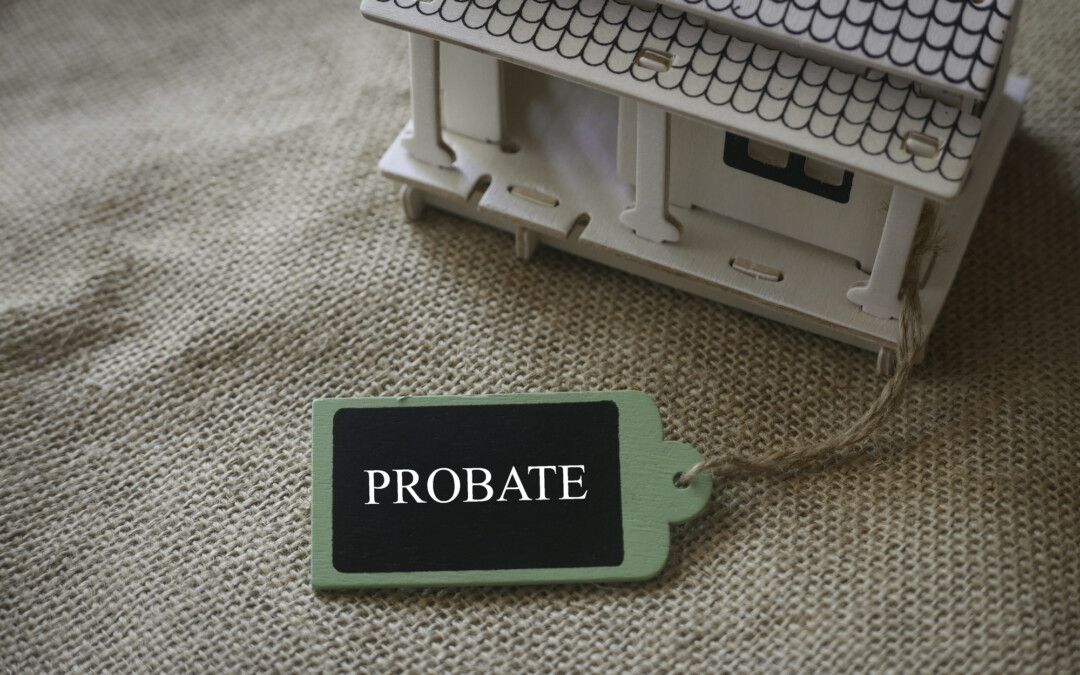Dealing with the loss of a loved one is an emotional and overwhelming experience. These feelings can be compounded if you are also responsible for handling the probate process and managing the loved one’s estate. Probate can be challenging, especially if someone has relocated to a different state or they have property stored or titled in different states. In today’s blog, we’re discussing ancillary probate, which is a multi-jurisdiction probate process.
Understanding the Probate Process
Probate is the legal process by which a person’s estate is administered. It enables an appointed individual (ex: an estate executor or estate administrator) to carry out the necessary administrative tasks of closing up a loved one’s estate. The process typically includes paying taxes, notifying creditors, and distributing assets to beneficiaries.
The probate process begins when someone passes away, and their estate paperwork is submitted to the Probate Court. The judge will review the will to make sure it was properly executed and appoint an executor if needed. Probate laws and procedures may differ, depending on the state. While the process may be relatively straightforward in one state, probate may be more complex in another state.
Ancillary Probate
It’s pretty common for people to move around the US or even to a different country during their lifetime. Each time a person relocates, they should make the necessary updates to their estate documents. Those changes would have to adhere to state law and procedure. If an estate executor or estate administrator files probate documents that include assets from other states, they’ll need to employ ancillary probate.
Ancillary probate is a process that’s required when the person who passed away had real estate or physical (tangible) assets in more than one state. So, for example, the person may have had a home in Georgia but a vacation house and boat in Florida. Or, they may have moved to Georgia but still own real estate or property elsewhere. As probate is required in each and every state where the loved one owned property, ancillary probate allows the executor to have separate but simultaneous probate procedures.
How Ancillary Probate Works
If the loved one’s property is located in a different state, then the laws of that state will govern the probate process. It’s not governed by where the loved one was living at the time of their death. In other words, if the loved one lived in Georgia but had real estate or property in Florida, then Florida’s probate laws will govern the probate of that Florida property. Probate judges only have legal jurisdiction over probate processes in their own state. That’s why you need separate, ancillary probate processes.
So, how does the process work? Typically, the estate executor will begin the probate process by filing the loved one’s will in their home state (where their main residence was located at the time of their death). For out-of-state property, the executor must begin a secondary probate proceeding in the state where that property is located. The executor can visit the out-of-state court directly or work with an attorney for help. Probate courts will usually try to work with each other when an estate plan involved property or real estate in multiple states. However, this part of the process can be complicated if the first court does not readily accept the will or does not authorize the executor to serve in their role.
Avoiding Ancillary Probate
A person can help their beneficiaries and executor to avoid the ancillary process altogether. They can place the property in a trust, or they can re-title property so that any beneficiaries will have joint ownership with rights of survivorship. In the latter situation, the beneficiary would automatically inherit the property without having to go through probate.
Have Additional Questions? Contact Us
Navigating the ancillary probate process can be complicated. It’s a good idea to work with an experienced estate or probate attorney, so that you understand all your legal options and state requirements. At Brian M. Douglas & Associates, we can guide you through the probate process and make sure you know how to handle each step. We can help finalize your loved one’s estate in the least stressful way possible. If you’d like to set up a consultation, please call (770) 933-9009 or use our online contact form. We’re always happy to help.


